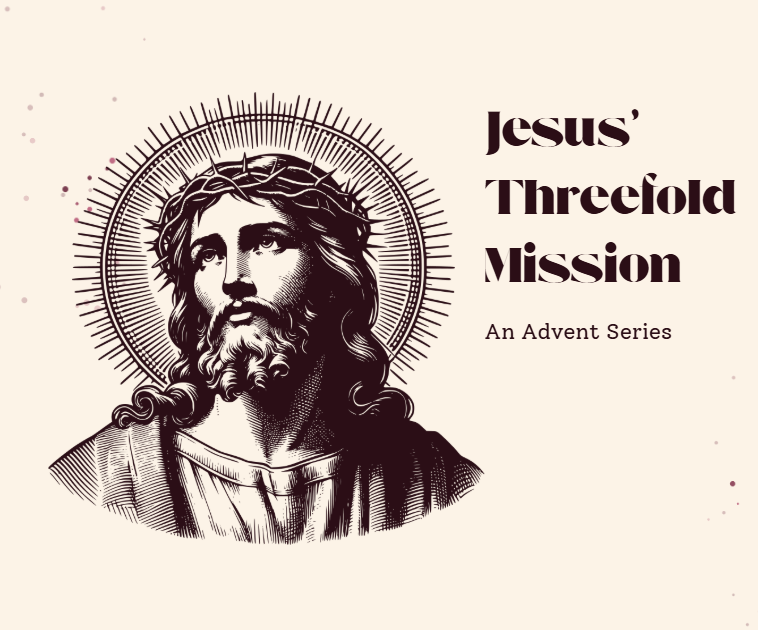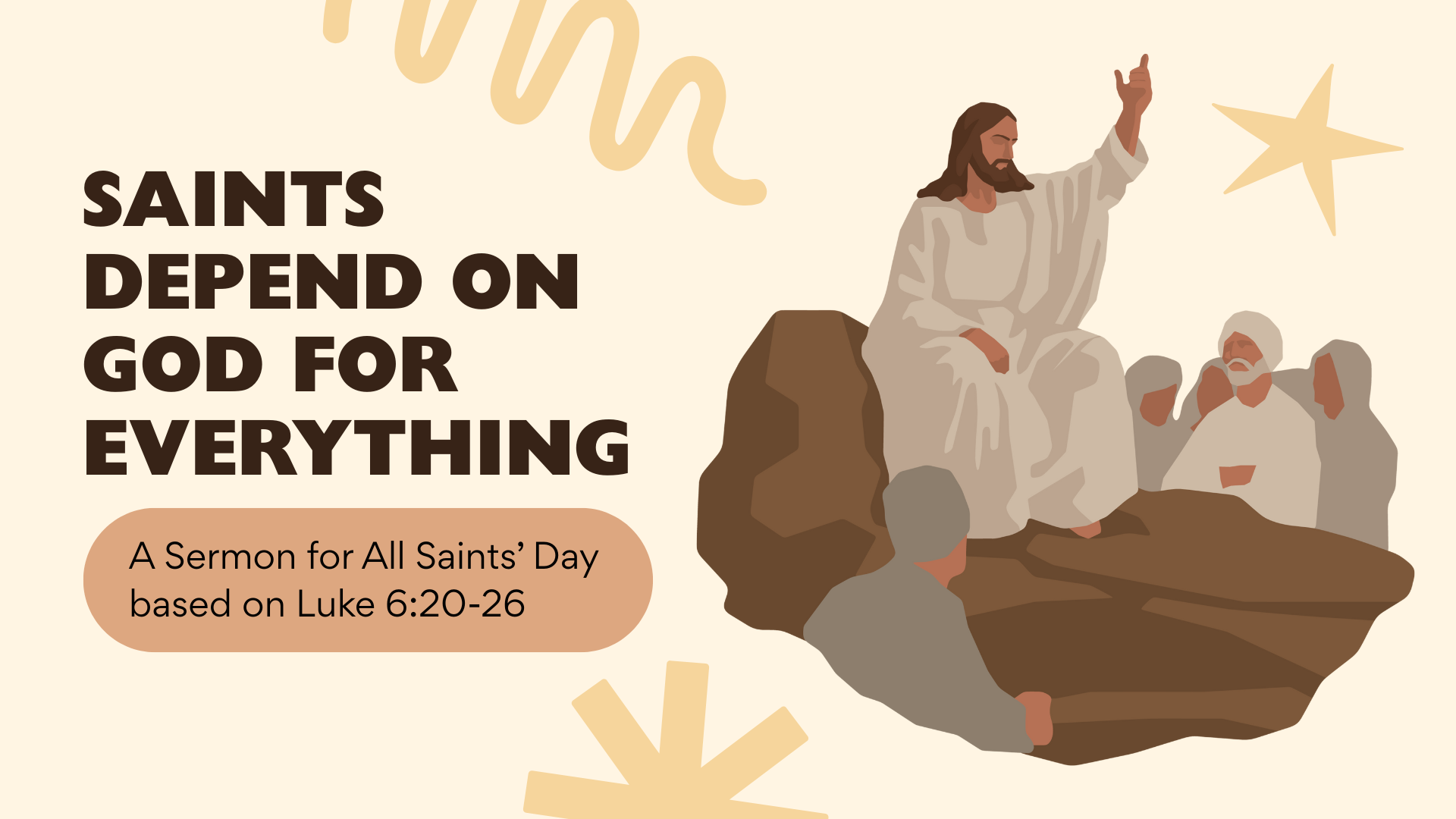Acts 15

HOW TO USE: This blog is written to serve as the basis for discussion. Find a partner or group to read through it together! Take turns answering the questions and listening to each other’s answers. Comment, email, or share your insights from your discussion with us!
When someone wants to join a church, what should they have to do? Does it seem inappropriate to require anything from people who just want to participate in the church’s ministry? Isn’t the gospel for everyone, and couldn’t making new members jump through hoops prevent people from hearing it?
To be sure, the message of salvation through Jesus is one everyone needs to hear. Therefore, we must share it with everyone. However, we don’t want to info-dump about Jesus without sticking around for the inevitable follow-up question, “So, now what?”
The Gospel of Luke shared the importance of the life, death, resurrection, and ascension of Jesus. The book of Acts, Luke’s second work, is a worth answer to the “So, now what?” question. Throughout the events of Acts, we have seen that the gospel is the Holy Spirit’s tool to change hearts (Romans 1:16,17). And we have also observed that where that gospel is preached and believed, communities form. The gospel creates relationships. “Churches” spring up in their proper sense (“church” in the New Testament means “gathering” or “congregation”). But when those churches form, the question, “So, now what?” resurrects. What do we do when we gather? How do we minister to people who are now coming to Christ, leaving behind various religious beliefs and practices? How should we conduct ourselves so as to fully enjoy the fellowship of being one in Christ?
A church’s requirements for membership should never be an attempt to withhold the gospel from anyone. Instead, they will be the conscientious and Scripture-led answer to the question, “We all believe the gospel of Jesus. We want to enjoy the fellowship with each other that the gospel creates. So, now what?”
Read Acts 15 to see the budding Christian Church work through their first major issue of what it means to belong to Christ and to belong to each other.
- What was the issue that kicked off this controversy?
- How did Peter reveal what was at the heart of this issue?
- James (the half-brother of Jesus) was recognized as a prominent leader in the congregation at Jerusalem, not because of his family relationship to Christ, but because of his character. How does he show his gifts as a Scripture-led leader of the church?
- How do Peter, James, and the leaders show their reliance on God’s Word to guide them through issues that arise in the church?
- How do Peter, James, and the leaders show concern for the diversity of the church?
- How do Peter, James, and the leaders show their understanding that they are supposed to be conduits of God’s grace?
- Why was it wise to draft a letter?
- Of the things new Gentile believers are supposed to avoid, “food sacrificed to idols,” eating food with blood still in it, and meat of strangled animals were all Old Testament Levitical laws (Leviticus 18:16-18) that found their fulfillment in the work of Jesus (Colossians 2:16-17). However, the Jewish Christians would have been so engrained in these dietary practices that they would still consider eating these things disgusting. Even though nothing is wrong with eating these types of meats, why is it wise to still ask that they not be served at church pot lucks? How does this show the concern for fellowship and cohesion?
- On the other hand, they mention that Gentile should abstain from sexual immorality (sex outside of marriage). This is not a matter of conscience, but is God’s clear plan for human sexuality. Yet, the Gentile Christians were so engrained by their hypersexualized culture that the reminder was absolutely necessary,
- What things does the church have the right to advise against, even though they may not be sinful in themselves? Is there a line that churches may cross in meddling too much in non-Scriptural areas of its members lives? If so, where is that line?
- If new members don’t fully understand God’s will for their lives and the sins they should avoid, how should the church go about helping them grow in that understanding? Is there a right way and a wrong way to do this? If so, what are they?
- What is the blessing of working through these tough conversations together? How must we imitate the leaders in Acts 15 as we do?
God bless your meditation and discussion!
Pastor Mike Cherney







